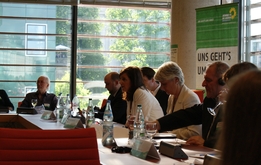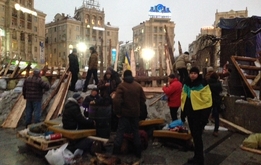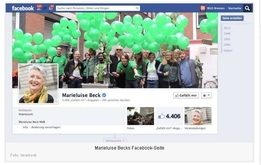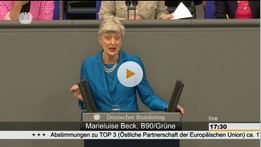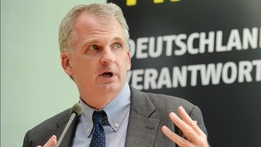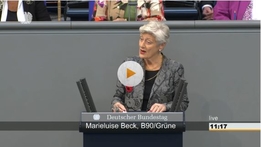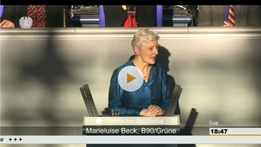One year after the death of the Russian lawyer, Sergei Magnitskiy, the speaker for eastern European politics for the German Green Party, Marieluise Beck, states: “Investing in Russia today is like committing suicide”, which is how Mr. Magnitskiy’s former client, William Browder, describes the situation in Russia today.
Browder himself, formerly a major shareholder in 'Gazprom', fought for more transparency in Russia's largest state-owned enterprise until he was denied entrance to Russia in 2005.
His critical questions of 'Gazproms' politics brought him into this tight situation. In 2008, Sergeij Magnitskiy, who was Broder's lawyer at that time, was additionally working on a case of tax evasion regarding two officers of the Russian Ministry of Interior. This case led to Magnitskiy’s arrest in the same year. He refused to repeal his charges. One year later, on November 16, 2009, Magnitskiy was found dead in his cell.
Thereupon, Russian President, Medvedev fired 20 prison guards. But those responsible for this crime still have not been charged in connection with this case. Although they are all well known, they are still free. Some have even been promoted.
The Magnitskiy case is not the only scandal in Russia’s judiciary, and this scandal is not limited to business crimes. It affects Russia’s credibility, calling for judicial reform and rule of law. It affects a country which wants to be recognized as a modern state and a valued global partner. It affects a country that has obliged itself to the values of the council of Europe.
Now it is up to German politicians, as well as German companies which are gaining large profits in Russia, to make it unmistakably clear that they see major obstacles in investing in a country in which it is hardly possible to rely on legal proceedings based on the rule of law.





